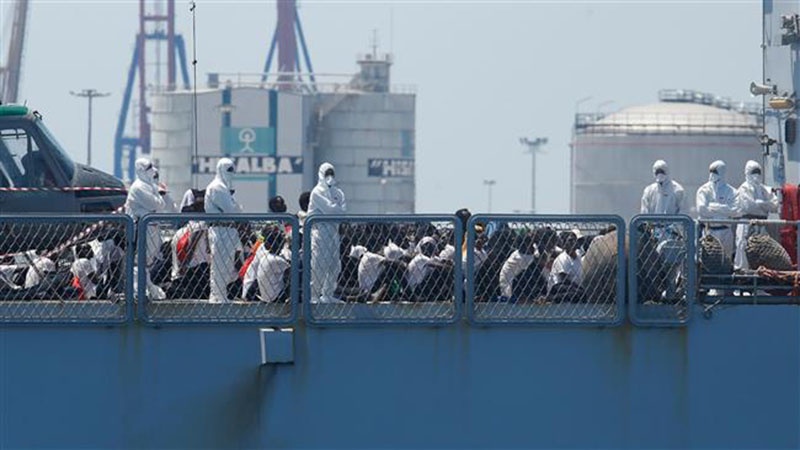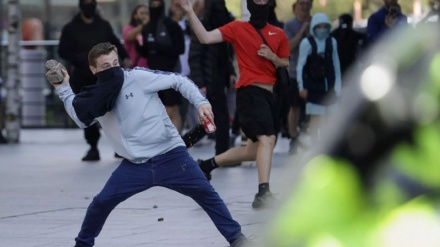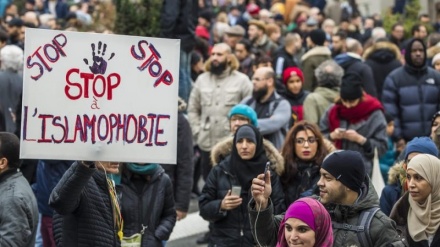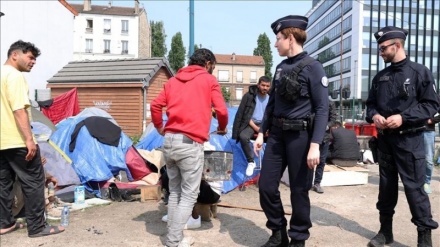Italy calls for refugee centers south of Libya
Italy's far-right Interior Minister Matteo Salvini has called on a visit to Tripoli for processing centers to be set up south of Libya's borders as a way to block attempts by refugees to cross the Mediterranean.
"On Thursday in Brussels, we will jointly support with Libyan authorities the setting up of reception and identification centers south of Libya, on the external border of Libya, to help Libya as well as Italy block migration," he said, referring to an EU summit this week.
Salvini, addressing a news conference alongside Ahmed Maiteeq, deputy premier of Libya's Government of National Accord (GNA), did not specify which African countries should host the centers.
Maiteeq said Libya "categorically refuses" to set up such camps on its own territory and that his country would invite European nations bordering the Mediterranean to a summit on migration and refugees to be held in Tripoli in September.
Salvini also held talks on his brief visit with the GNA chief, Fayez al-Sarraj, and the interior minister, Abdessalam Ashour.
Italy, on the frontline of Europe's refugee crisis, has turned away rescue vessels, with its new populist government demanding greater solidarity from reluctant fellow EU states.
Salvini, who was the first member of the new government to visit Libya, on Sunday bluntly told foreign charities to stop rescuing refugees off the North African coast.
In an interview published Monday with the newspaper La Repubblica, Libya's Maiteeq said he hoped to work with the Italian government on the crisis.
"The cooperation between Italy and Libya is crucial," he said, adding that the arrival of refugees was also "a major problem" for his country.
"Traffickers who bring migrants to Italy are dangerous criminal groups for us, who prevent Libya from taking a step toward a difficult normalization."
"All of Europe must think of structural measures to take in African countries to stop migrants."
On Sunday, 16 of the EU's 28 leaders held emergency talks in Brussels to find a way forward despite a longstanding deadlock over who should take in migrants and refugees who land in Italy and other European countries.
SS



